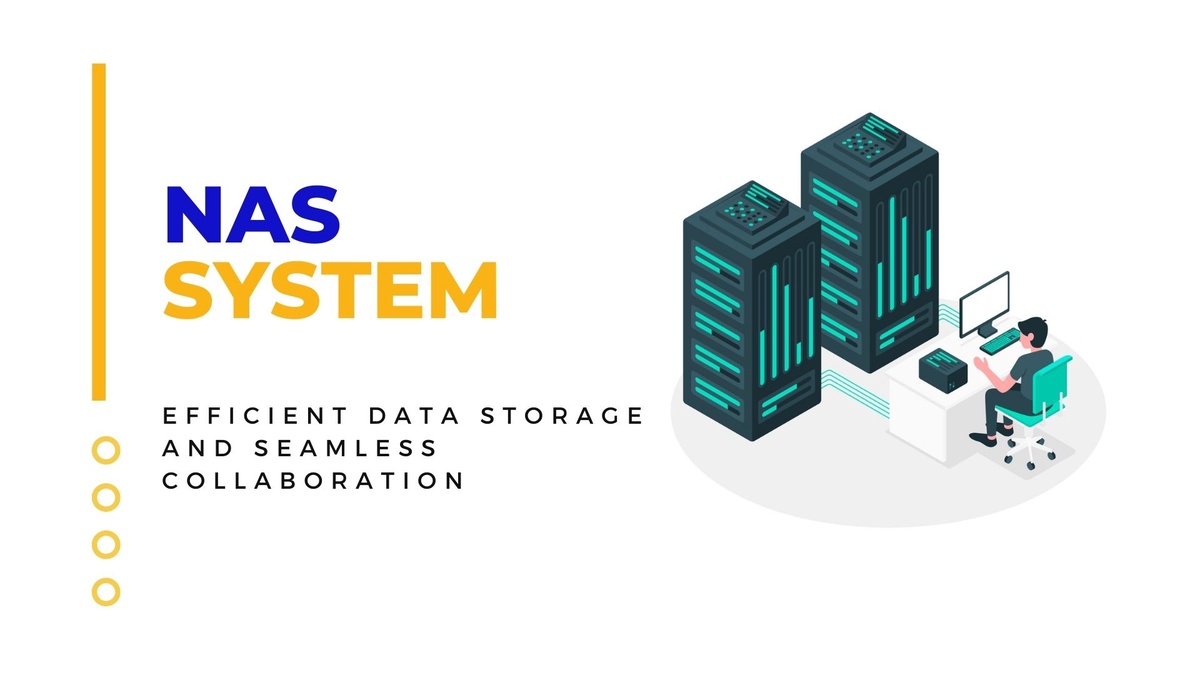Network-attached storage (NAS) systems provide an affordable and flexible solution for data storage, sharing, and backup. However, with the increasing threat of cyber attacks and the growing number of data privacy regulations, businesses of all sizes must prioritize security and compliance when selecting a NAS system. In this blog post, we will explore the key features and benefits of NAS systems for security and compliance, including encryption, access control, data retention, and audit trails.
Encryption
NAS systems offer various encryption options to protect data both at rest and in transit. For instance, some NAS systems support AES-256 bit encryption, which is a high-level encryption standard that has been approved by the National Institute of Standards and Technology (NIST). SSL/TLS encryption is another popular option to secure remote access to NAS data, preventing unauthorized access to sensitive data.
Access Control
NAS systems allow businesses to set permissions and controls that regulate who can access what data. Access can be granted or denied based on various criteria, such as device IP address, user identity, and time of access. This feature limits the risk of data breaches and accidental data loss. By enabling access control, businesses can centrally manage permissions, view login histories, and ensure data security compliance.
Data Retention
Businesses must retain data for legal, regulatory, or business reasons. NAS systems offer several data retention options, including Snapshots, which save and retain data without requiring a complete backup. Incremental backups allow backup data to be retained in an efficient manner. Additionally, versioning enables the storage of multiple versions of the same file. These retention features ensure that businesses can retrieve necessary data even if it has been deleted or lost due to corruption or user error.
Audit Trails
Audit trails record all user actions performed on system data, which is mandatory for compliance with regulations such as the Health Insurance Portability and Accountability Act (HIPAA) and General Data Protection Regulation (GDPR). By enabling audit trails, businesses can track file changes and access actions. This ability allows for easy auditing and compliance certification and provides easy use for security investigation.
Conclusion
NAS systems provide an affordable NAS storage solution that is suitable for businesses of any size. However, businesses must prioritize security and compliance when selecting a NAS system. Encryption, access control, data retention, and audit trails are vital features that ensure data security and compliance. Businesses can protect sensitive data, meet compliance requirements, and reduce the risk of data breaches by implementing NAS systems with these critical functions. If you want peace of mind about your data security, consider implementing a NAS system. It ensures increased speed, provides easy access, centralizes data as well as being an affordable storage solution.


No comments yet